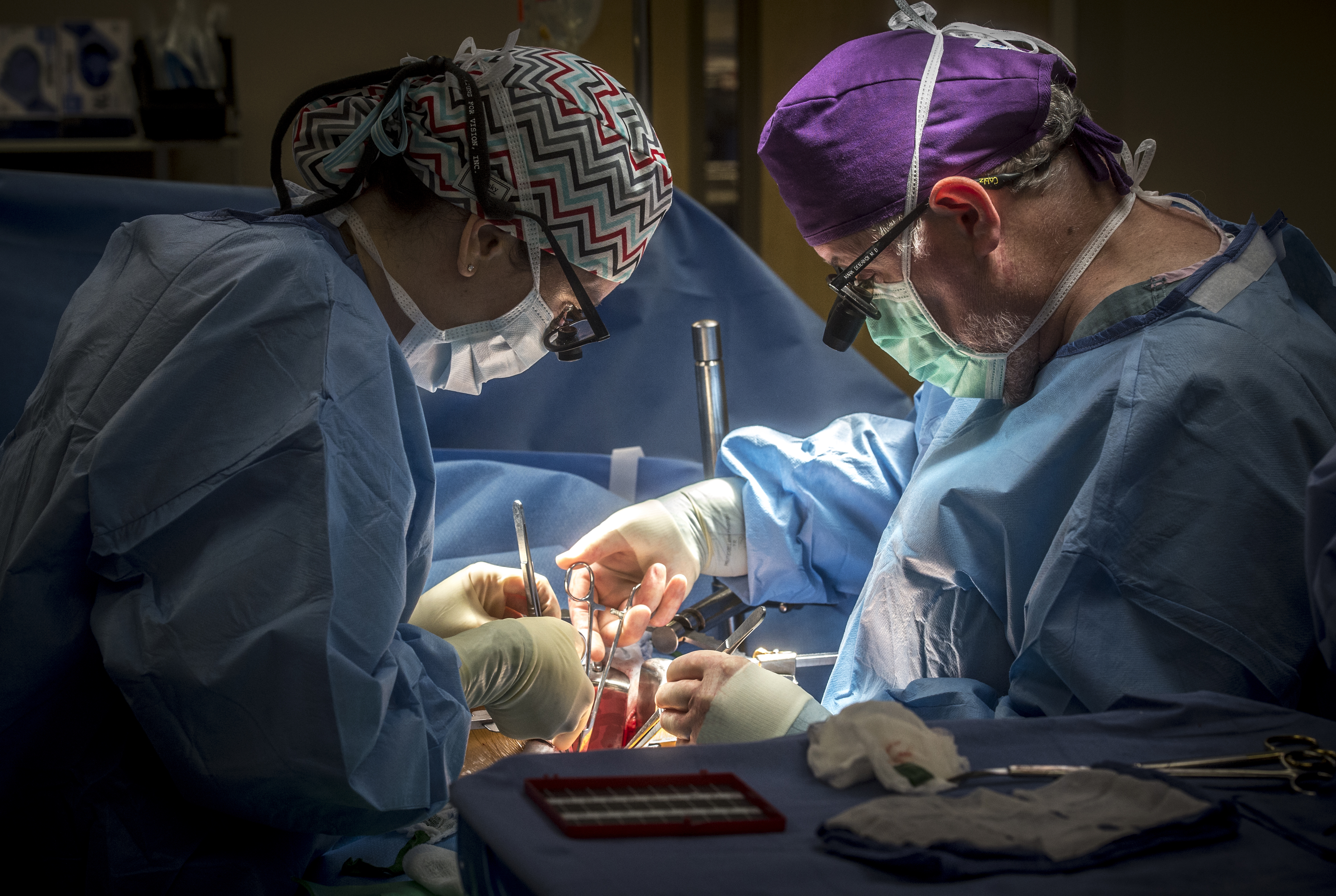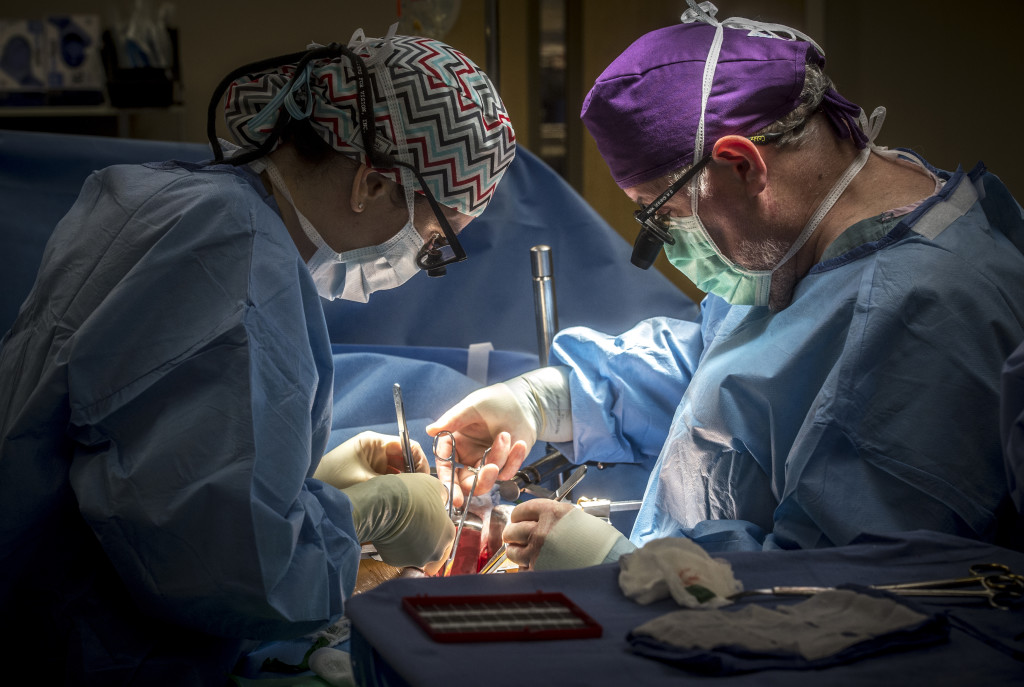
By Tyler Greer
UAB News

New Living Donor Navigator Program tailored to African-Americans aims to reduce number of patients awaiting transplant.
In a first-of-its-kind national event focused on increasing organ donation, the White House announced in June at the Organ Donation Summit that the University of Alabama at Birmingham Division of Transplantation will be part of two national efforts to increase access to organ transplants and reduce the number of patients awaiting kidney transplantation.
The endeavors, designed specifically to increase the number of living donor kidney transplants, will tailor a Live Donor Champion model for African-Americans and teach patients in need of transplant how to set up their Facebook page in the way that best tells their story to increase their chances of finding a living kidney donor.
“The institutional commitment UAB has made to the Division of Transplantation and the Comprehensive Transplant Institute and the ingenious work of our transplant team have cemented our transplant program as one of the best in the nation,” said Selwyn Vickers, M.D., senior vice present for Medicine and dean of UAB’s School of Medicine.
“We have the ability to provide opportunities for lifesaving treatments beyond standard clinical techniques and have the infrastructure in place to properly educate and inform patients to give them opportunities for transplant that they may not have had just a few years ago,” he said. “We are excited to support the White House transplantation efforts, and we will continue our mission to provide the best care in the world for our citizens right here in Alabama while at the same time striving to have an impact on health care across the country.”
The programs
The Live Donor Champion model for African-Americans is part of a comprehensive program to teach patients how to leverage their personal connections and social networks to raise awareness about the need for organ donors and to help identify potential live donor candidates. The UAB program will be known as the Living Donor Navigator Program, according to Michael Hanaway, M.D., surgical director of the Kidney Transplant Program, and Jayme Locke M.D., director of the Incompatible Kidney Transplant Program.
“African-Americans face a significantly higher incidence of end stage renal disease and disproportionately low rates of live donor transplantation, so the need in this community is real and vital,” said Locke, who will oversee the UAB program. “The Living Donor Navigator Program, which has been tested at Johns Hopkins University and other places, is associated with an over fivefold increase in identification of potential live donor candidates. We are excited to launch this program at UAB and hope we will see the same type of impact in the communities we serve.”
The Living Donor Navigator Program will help patients identify someone in their family who can be a Living Donor Champion. The person they identify will be trained by UAB on the donation process and how to approach potential donors for their loved one in need. Johns Hopkins University, Northwestern University and UAB will all lead different initiatives within the Live Donor Champion model.
In the second program, UAB will be part of a collaborative effort with Johns Hopkins University designed to help patients in need of live donor transplants leverage their social networks to find potential living kidney donors. The program will teach transplant patients how to use a specially designed Facebook app to share their story. The hope is that this will help those in need have a better opportunity to find a living donor. Locke, the co-principal investigator, says UAB patients in need of kidney transplants will begin participating in both programs by the end of the year.
“The UAB Department of Surgery is nationally and internationally known as one of the best departments in the country with strong clinical programs and a long history of making important contributions to the field, and this opportunity to support White House efforts to increase living transplant donation raises that bar even further,” said Herbert Chen, M.D., chair of the Department of Surgery and surgeon-in-chief at UAB Hospital. “This is an incredible opportunity for the people of Alabama and throughout the Southeast who are in need of a transplant. We are excited for what these programs can potentially do for them.”




